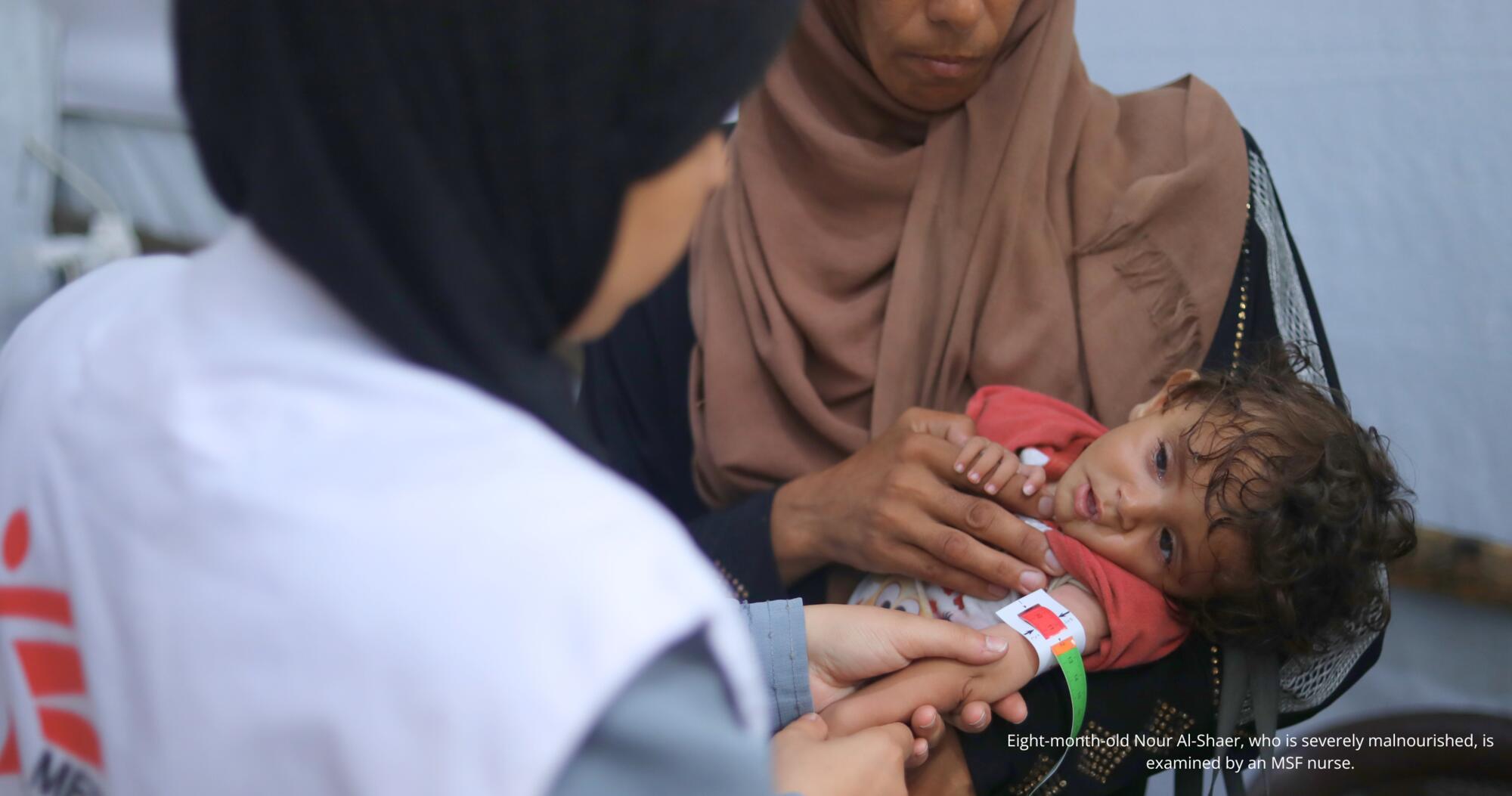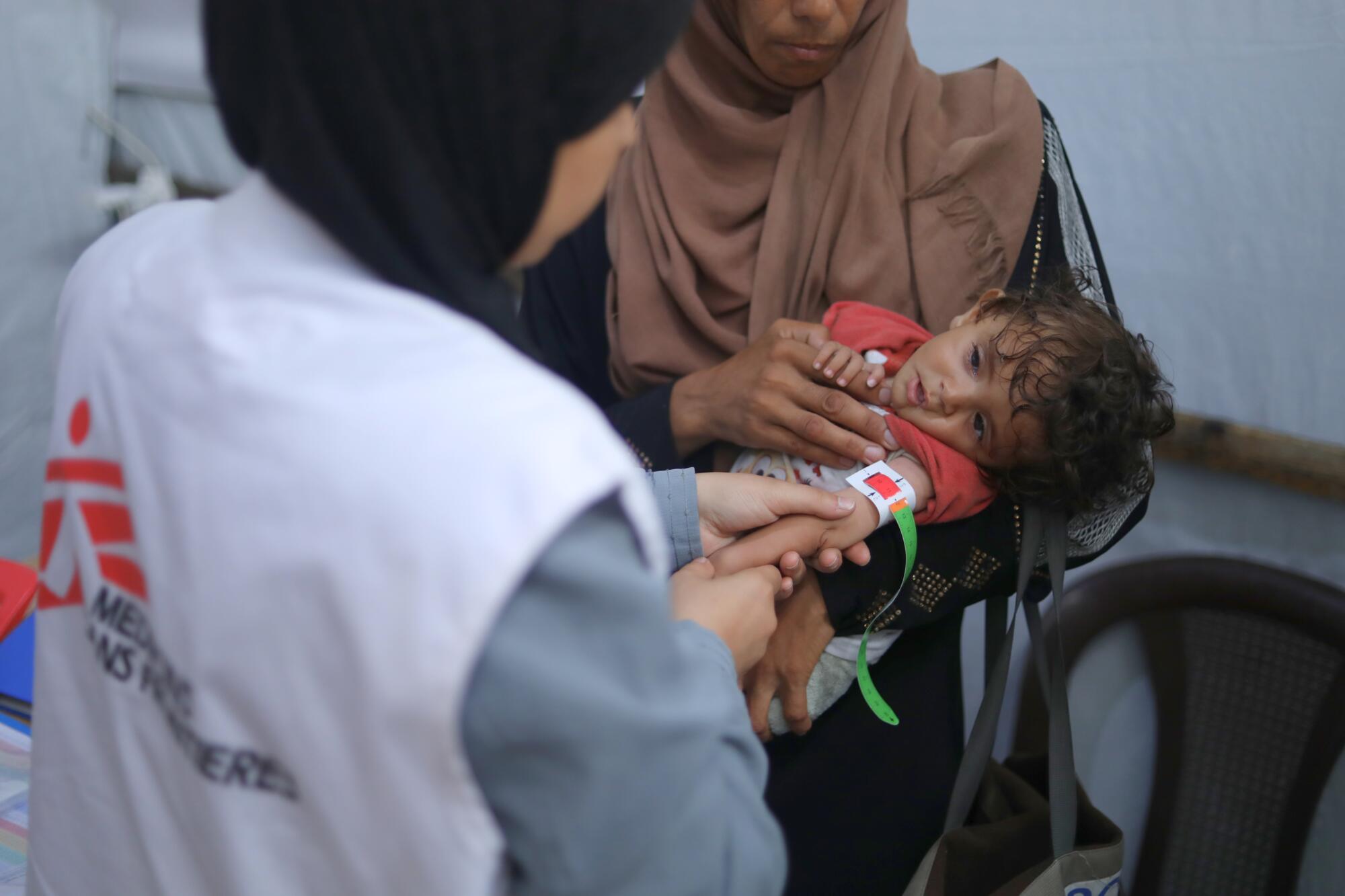We are funded by people like you. Rarely by governments. So we are free to act fast.

In a conflict, we don't take sides. We go where the medical need is greatest.

We provide free medical care. Regardless of a person's ethnicity, religion or politics.


In the Midst of War: How Sudanese Colleagues Continue to Save Lives
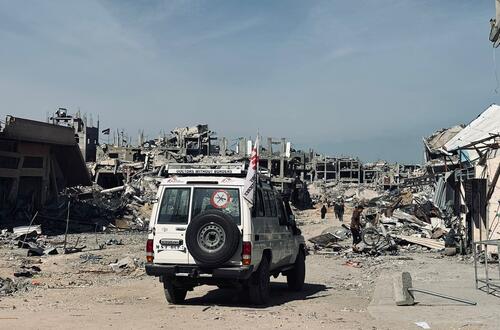
Israel’s threat to withhold registration for NGOs: A grave blow to humanitarian aid in Palestine

Haiti – Escalating violence in Bel Air: MSF calls for the protection of civilians and medical facilities
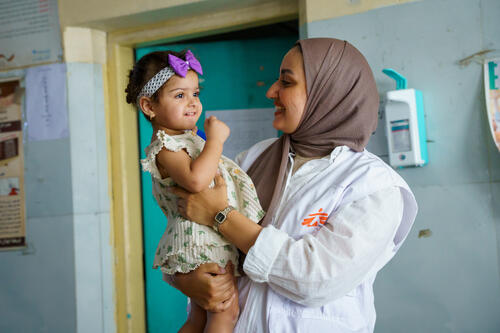
A Year in Pictures 2025
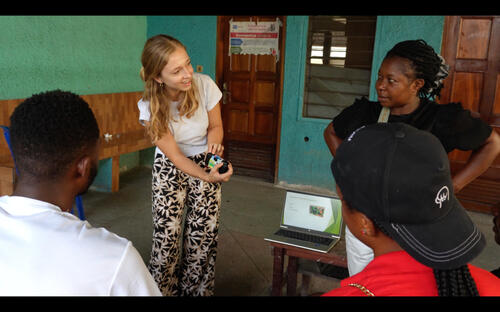
HIV in DRC: Youth clubs bring change and hope
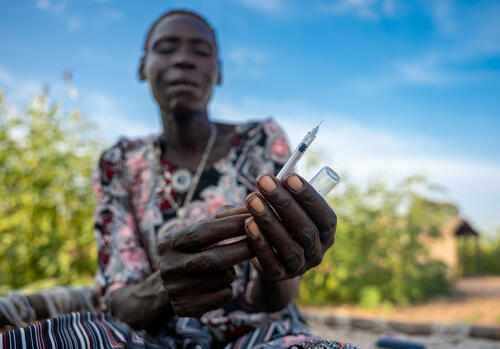
Beyond the clay pots: Children fighting diabetes in South Sudan’s remote village
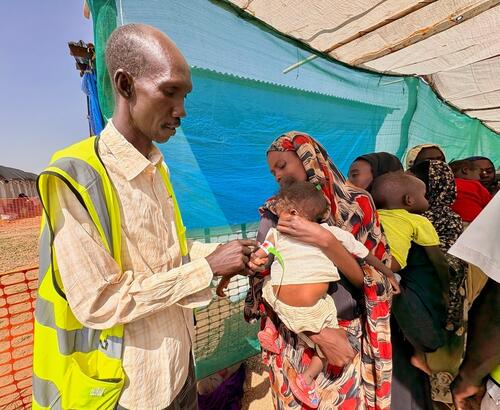
Sudan: People facing extreme malnutrition
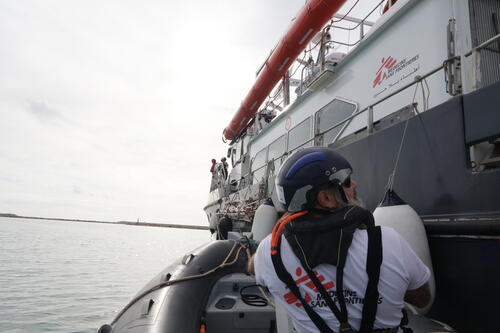
MSF relaunches search and rescue operations in the Central Mediterranean
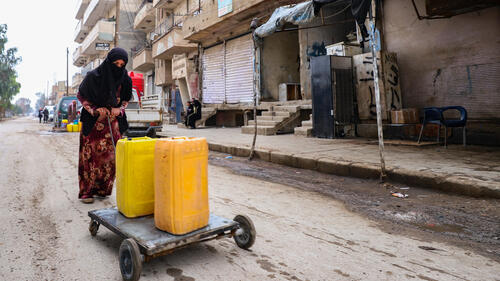
Syria: Challenges in northeast persist, humanitarian needs increasing
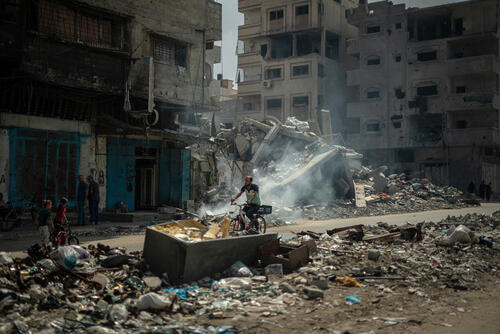
Ceasefire in Gaza: Humanitarian aid must flow immediately
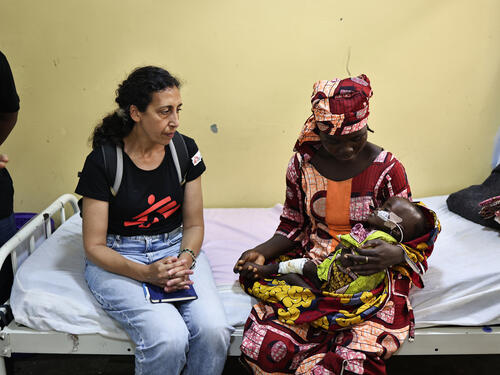
Malnutrition crisis in Kebbi, Nigeria: “This is an emergency”
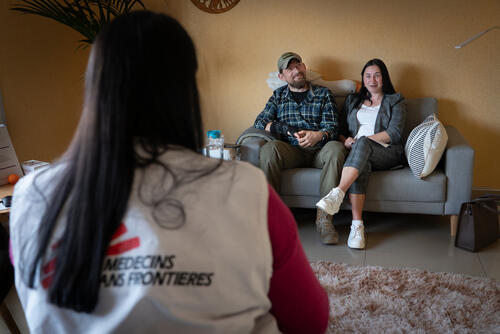
Not all wounds bleed: MSF reports surge in post-traumatic stress disorder in Ukraine
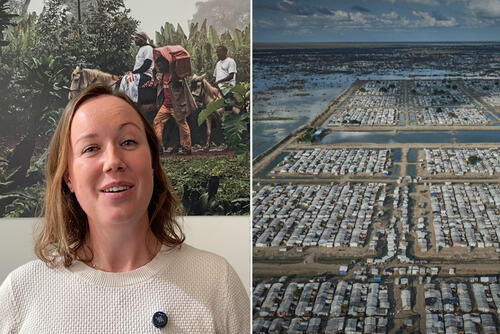
Irish Doctor in South Sudan: Dr. Louise McKenna speaks about her MSF experience in Bentiu

Israel’s threat to withhold registration for NGOs: A grave blow to humanitarian aid in Palestine

MSF has resumed its activities in Gaza City
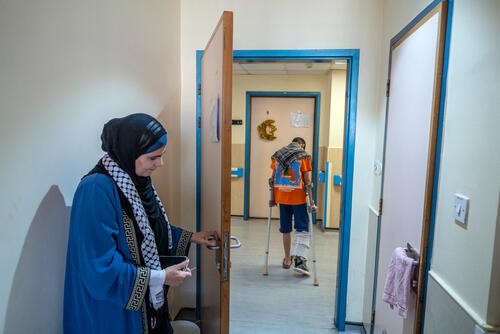
Gaza: Palestinians need immediate aid and medical evacuations after ceasefire

Ceasefire in Gaza: Humanitarian aid must flow immediately

Doctors Can’t Stop Genocide – World Leaders Can
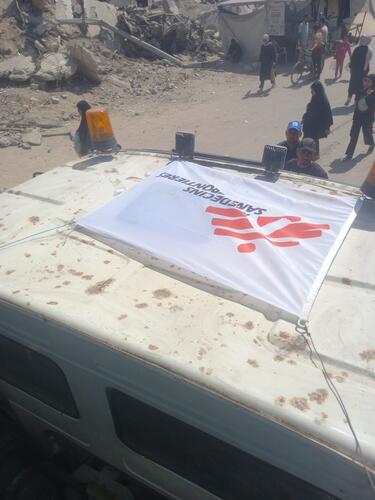
MSF condemns Israeli attack on MSF water distribution site in Gaza City
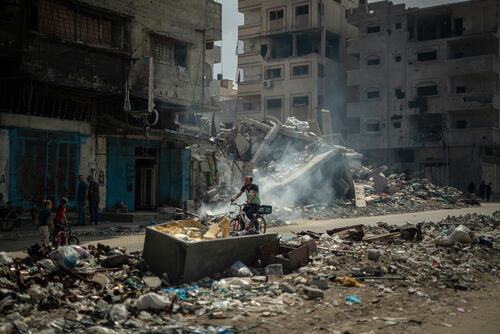
The offensive in Gaza City is a death sentence for one million Palestinians
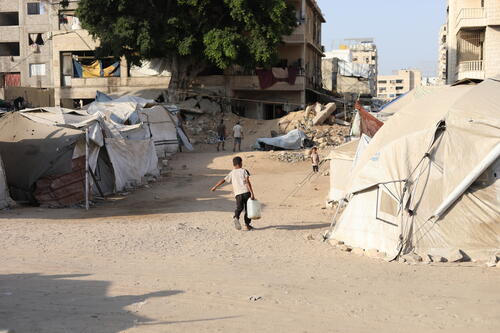
Gaza: Israeli authorities starving Palestinians of water
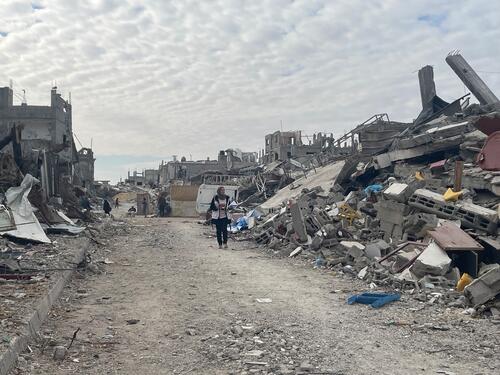
Testimony: Sabreen Almaseri, MSF physiotherapist in Gaza City
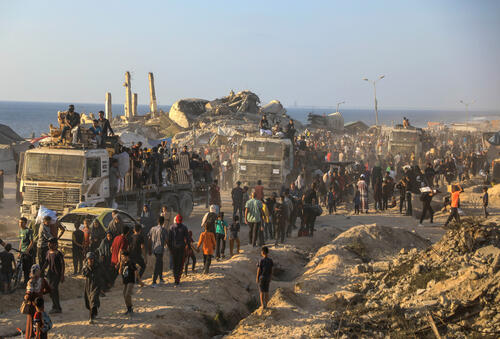
MSF report: 'This is not aid but “orchestrated killing and dehumanisation” that must be shutdown.'
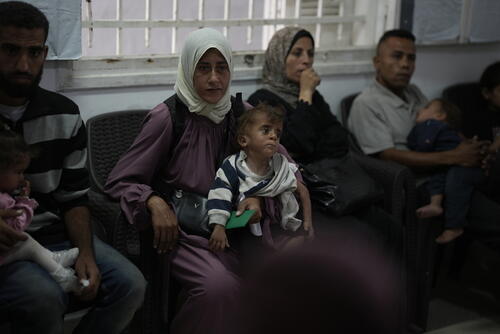
As mass starvation spreads across Gaza, our colleagues and those we serve are wasting away

EU governments’ hypocrisy fuelling suffering in Gaza
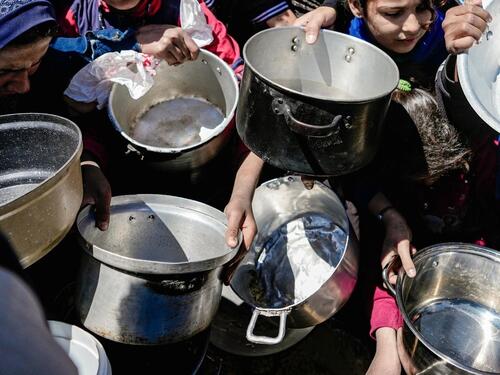
Dozens of Palestinians massacred at US-Israel backed food distribution sites

In the Midst of War: How Sudanese Colleagues Continue to Save Lives
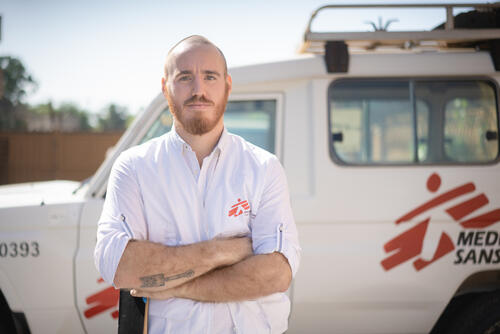
“The war on Sudan: the choice is ours”

Sudan: People facing extreme malnutrition
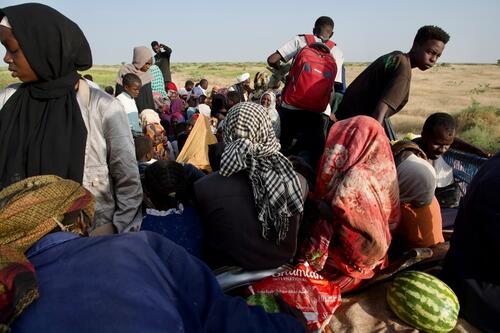
Sudan: Urgent appeal for El Fasher’s people - MSF denounces mass atrocities
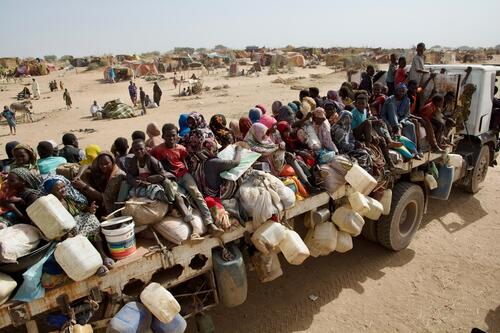
Sudan: MSF appeals for civilians to be spared in El Fasher
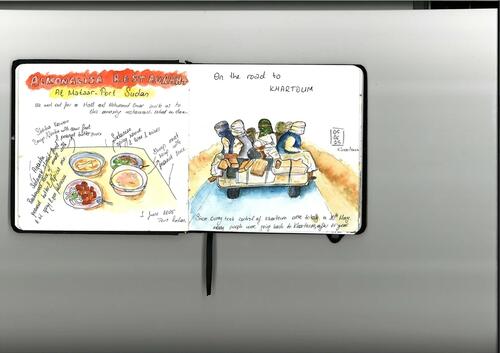
’Sudan’s crisis of compassion, sketched in my watercolour journal’
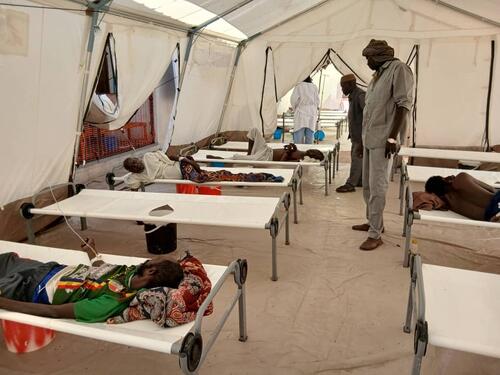
Sudan: War fuels cholera outbreak across the country
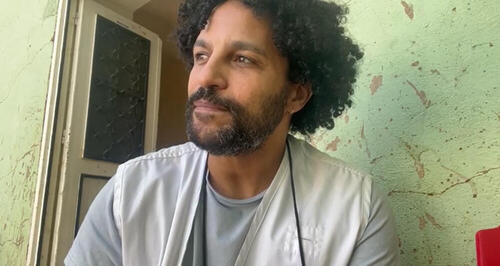
“Everything was instant warfare”: An MSF doctor reflects on Sudan
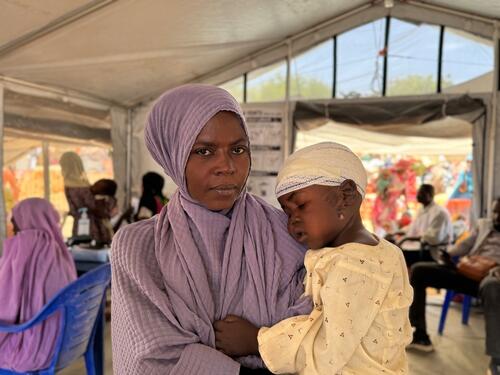
Sudan: Three weeks on from the deadly attack on Zamzam camp, thousands of people still displaced in Tawila
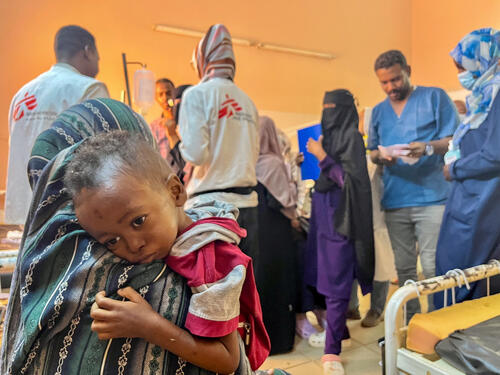
Two years of war in Sudan: "Overwhelming, urgent, and unmet" needs
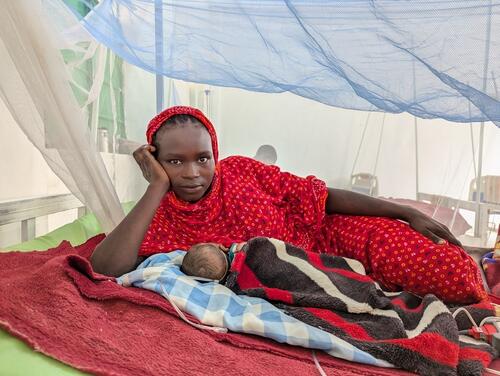
Sudan: Pregnant in a time of war
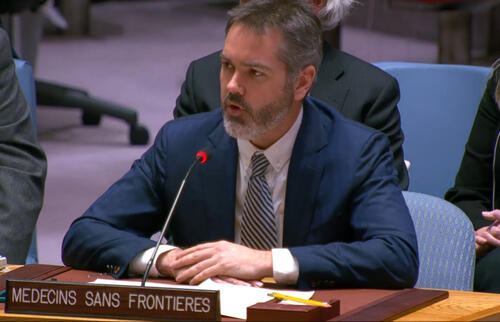
MSF briefs UN Security Council on Sudan: A catastrophic "war on people"
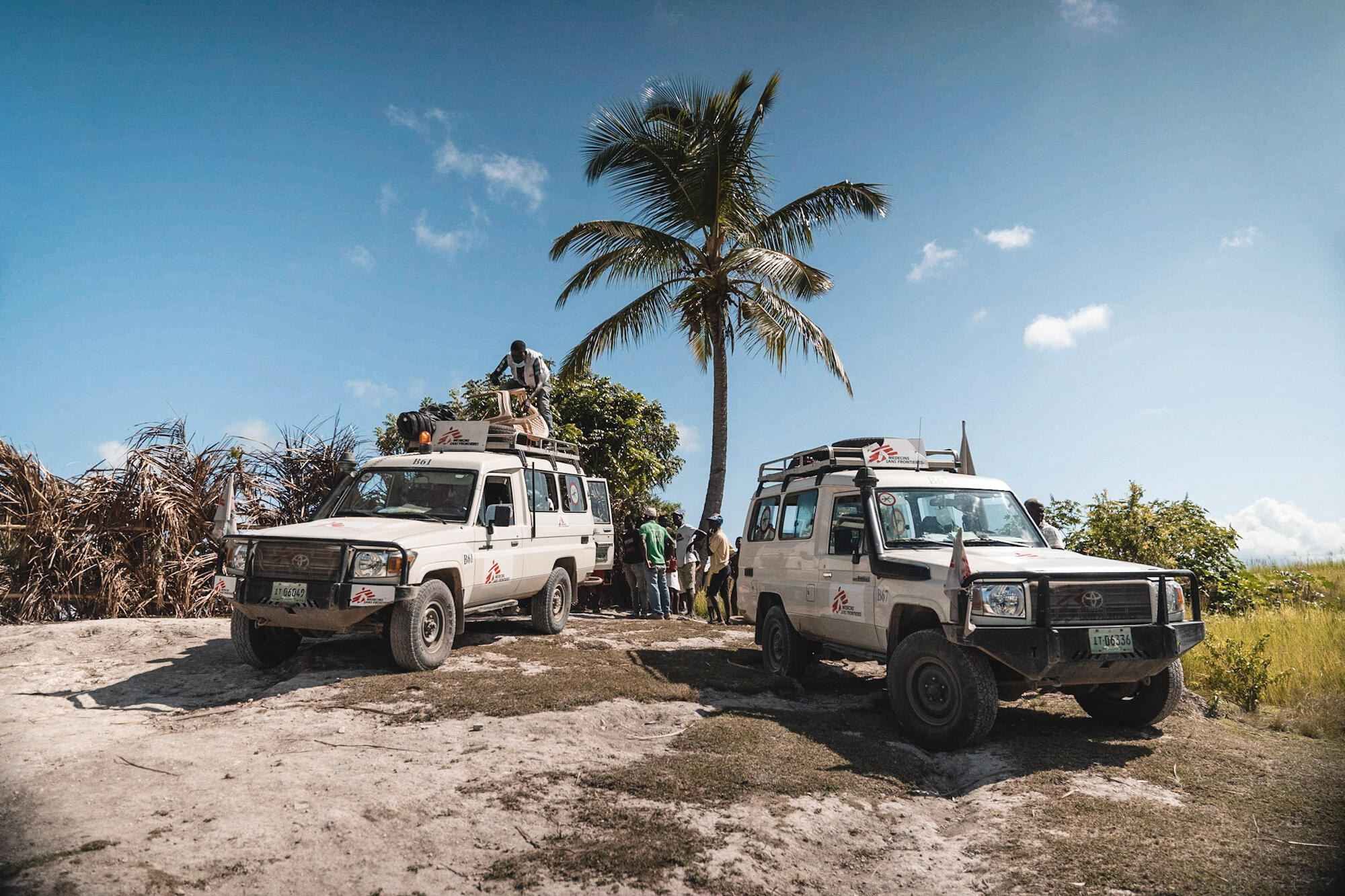
16.4M
Outpatient consultations
125,900
Surgical interventions
337,000
Births assisted
80.2%
Medical Operations
15%
Fundraising
4.8%
Support and overhead costs
Where we work
We operate in more than 70 countries to deliver medical aid to people experiencing humanitarian and healthcare crises
